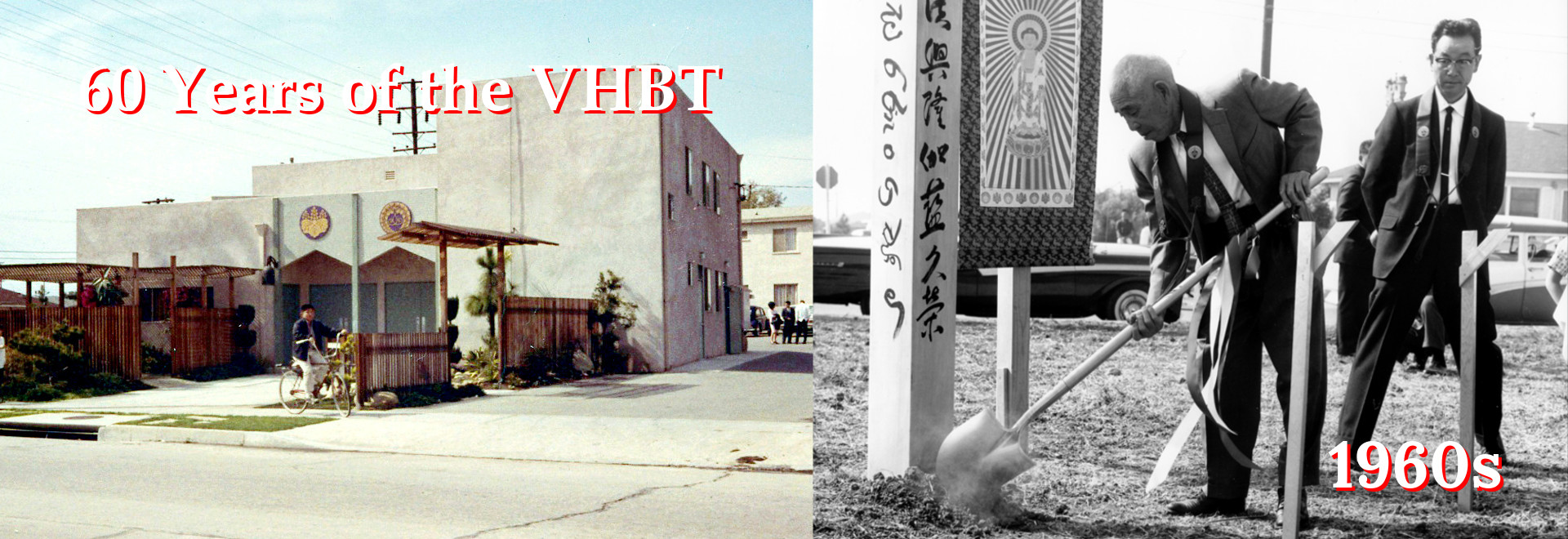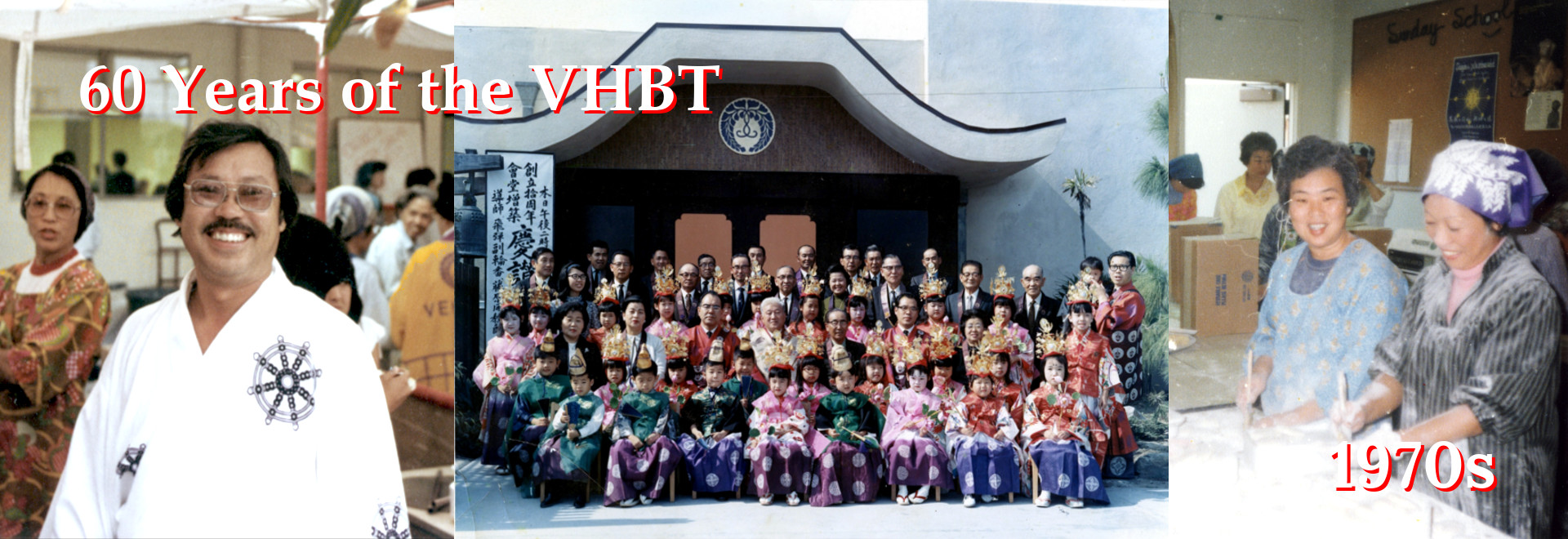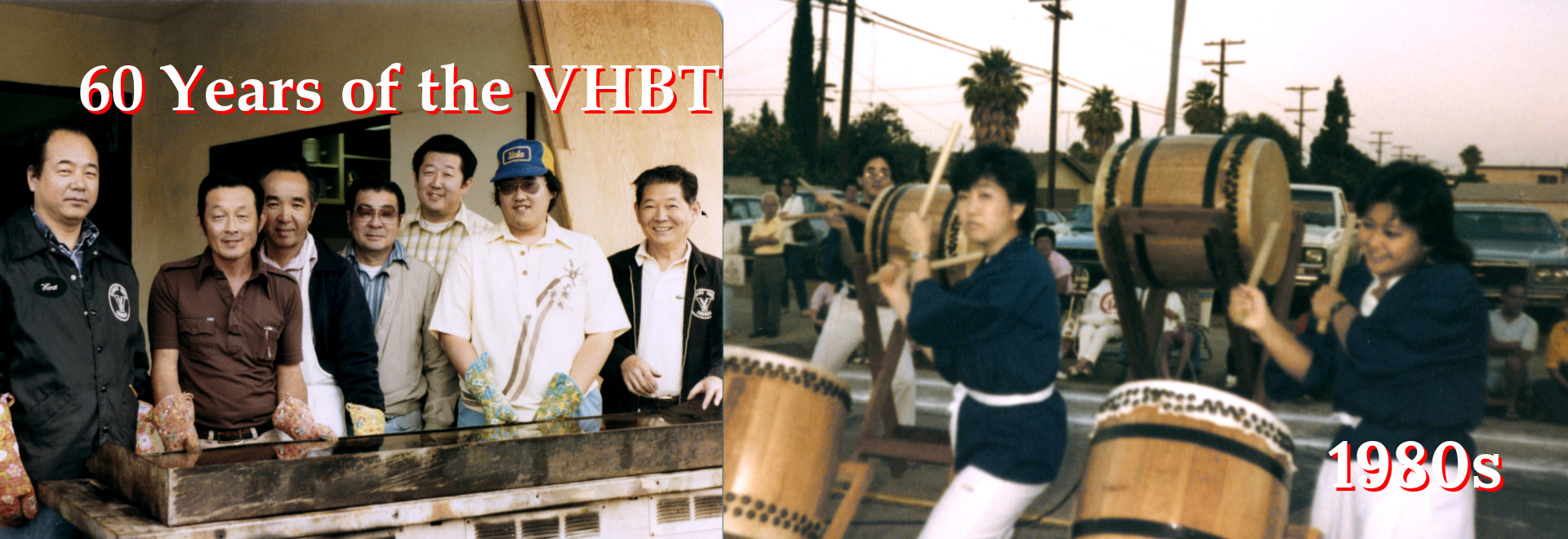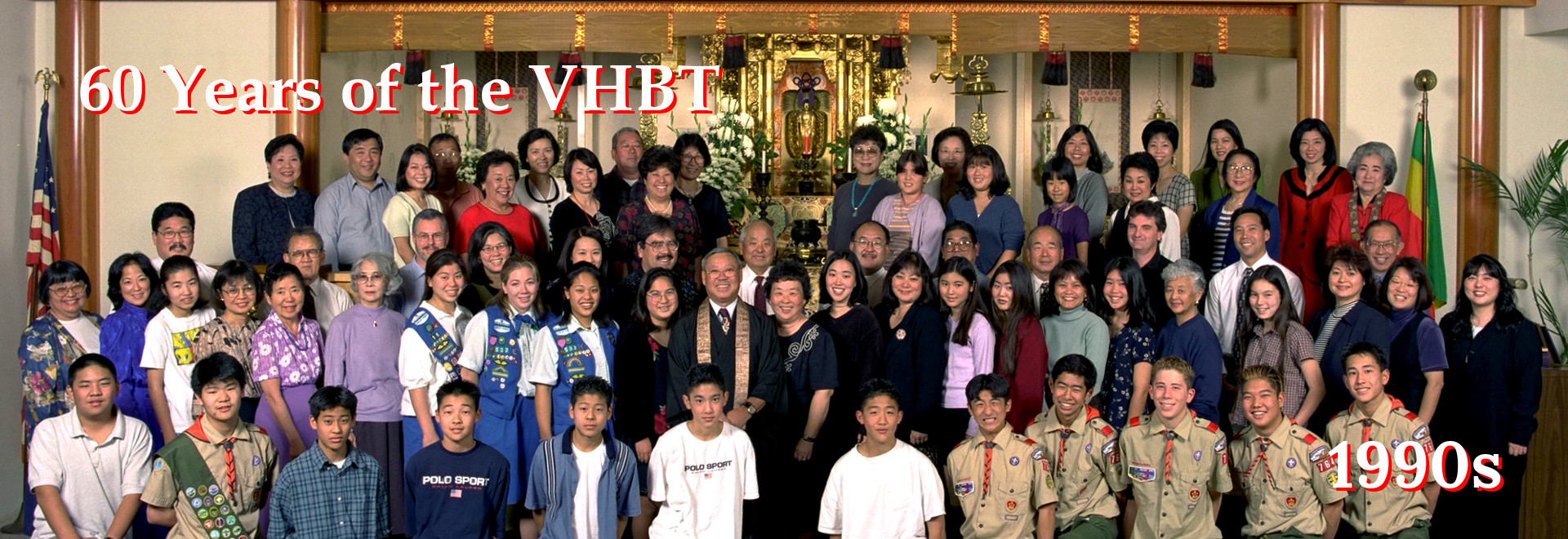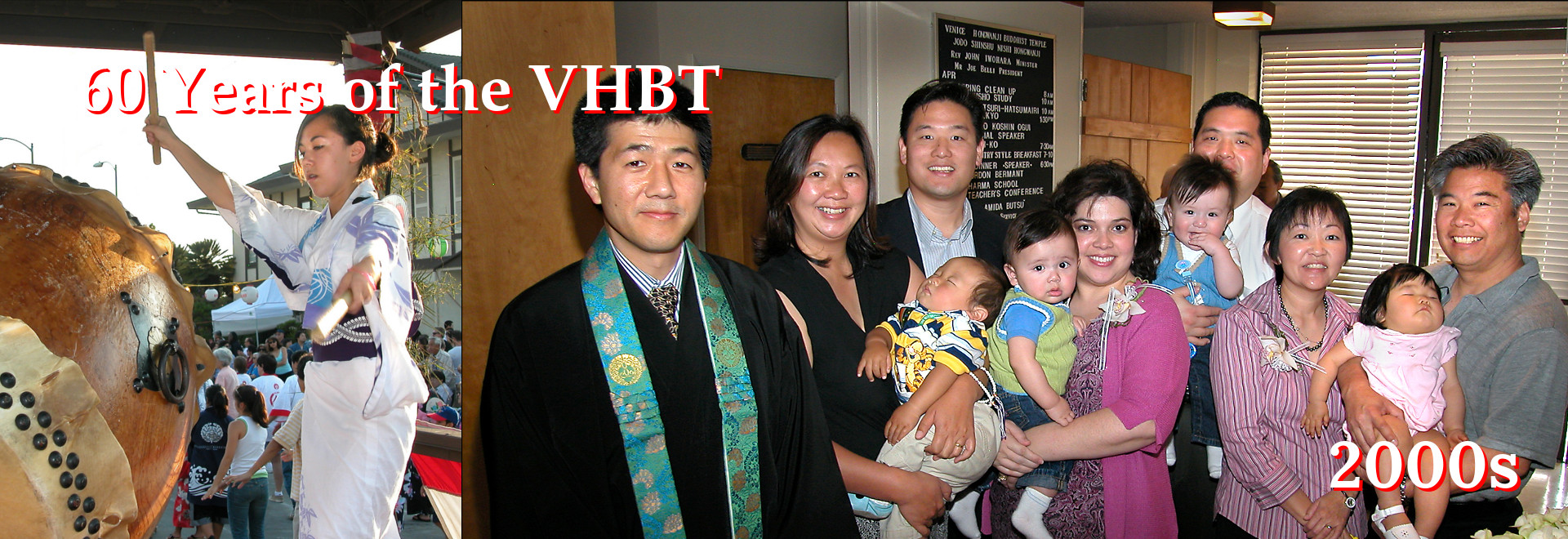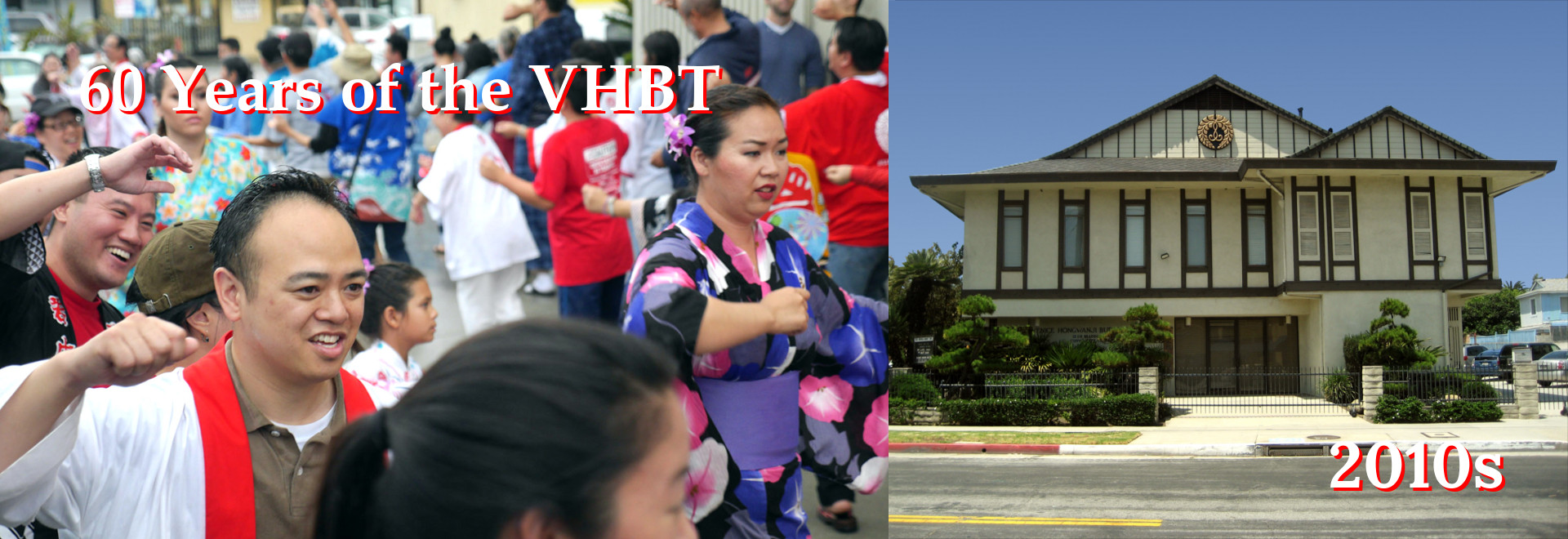自信教人信・難中転更難・大悲伝普化・真成報仏恩
To have faith and to teach a person to have faith
Is within difficulties, again difficult
Transmitting Great compassion, transforming All
Is truly to repay the indebtedness owed the Buddha
These words are taken from Zendo Daishi’s Ojoraisan-ge or Verses in Praise and Homage of Going to be Born. It is a work where Zendo Daishi talks about what the person who desires birth in the Pure Land of Amida Buddha should do in their daily spiritual lives to accomplish this goal. A big part of this spiritual life includes coming to understand what the nature of faith is.
Although the desire for birth in the Pure Land is assumed of the practitioner, the simple answer for wanting to be born there is to eliminate suffering both for one’s self and for others. The potential to be able to do this and wanting to be able to do this is a part of faith. It is the heart of the person of Nembutsu. It is the heart that understands the interconnected and interdependent nature of existence. It is the heart that understands that real happiness is not something that can be experienced alone; real happiness can only happen when it is shared. This is why Amida Buddha gave rise to the Primal Vow that promises to give up Enlightenment, the ultimate goal for Buddhists, unless all can share in the same Enlightenment as equals. This is part of what it means to “transform All” or to be able to see everyone as equals.
On the other hand, however, it is very difficult for us to do. We, like Shinran Shonin, probably have a very difficult time letting go of the heart that would have us admit to the following:
Not knowing this or that, not being able to distinguish between true and false
This is who I am
Despite not having an iota of kindness, or an iota of compassion
Yet for fame and fortune, desire being the teacher of men
[Shozomatsu Wasan #116]
Although we may not appreciate being looked down upon, neither do we necessarily take pity on people nor do we necessarily want to be equals. We want to, when the shoe is on the other foot, kick just as hard and stamp our place in the world. How then do we respond to Zendo Daishi’s admonition to have faith? Shinran Shonin responded to the words of Zendo Daishi by seeing how difficult it was to reach someone like himself. How all those who helped him to meet with and to hear the words of a Buddha were sharing their hearts, their faith, with him. Although Shinran Shonin would call all these people great teachers, he was also able to see how they were all receiving Shinran Shonin as an equal, even if this was something that he could not do. When the shoe is on the other foot, it does not always have to kick. Rather, it can appreciate how it is no longer bare and embraced instead. Shinran Shonin was able to show us what it means to be a recipient of great compassion, and through that to help us see that we, too, are also in that embrace as equals.
Rev. John Iwohara
May 2012
